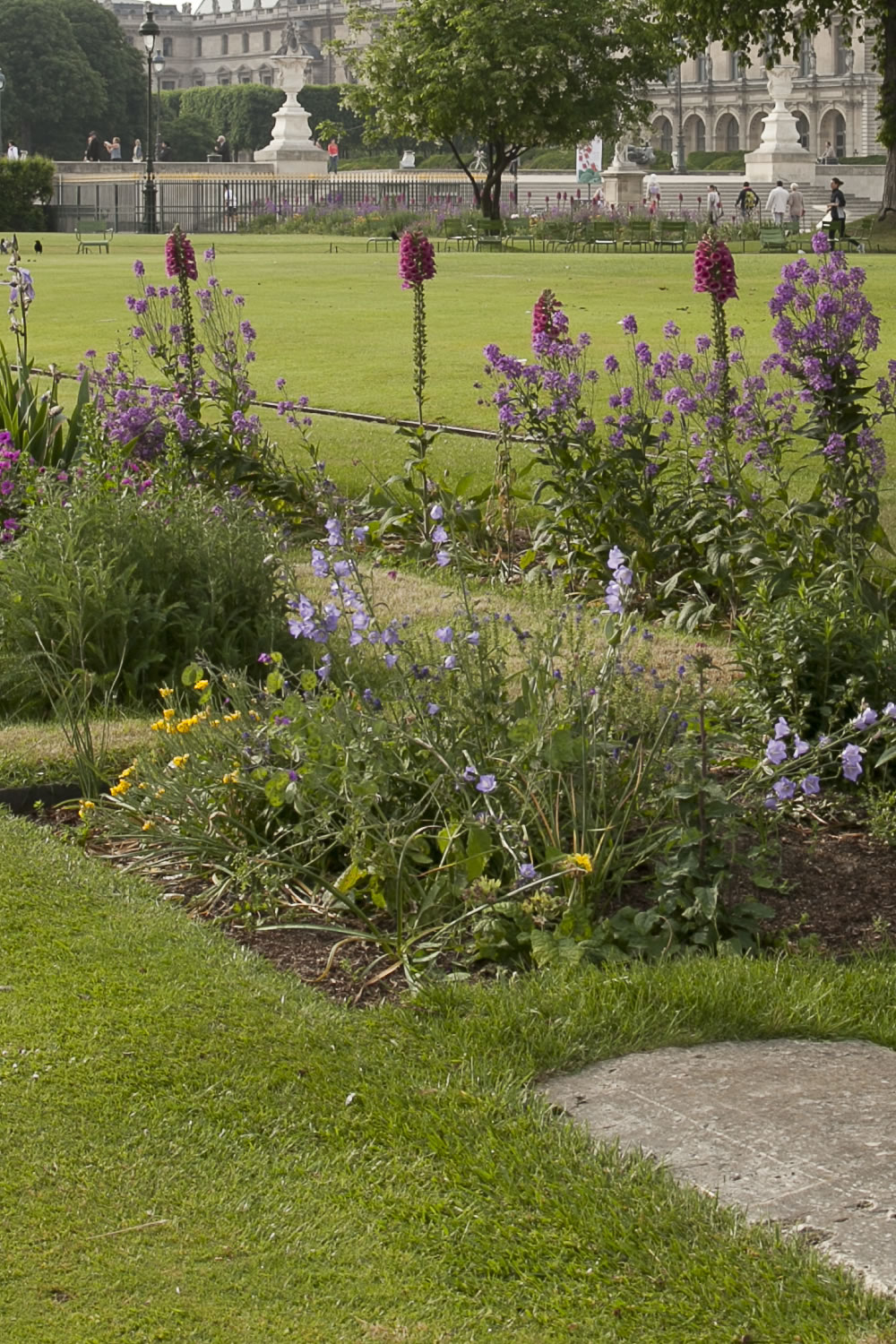
Strong creeping red fescue
Chantilly is a beautiful, strong creeping red fescue resulting from recurrent selections and crosses using plants from persistent older turfs and plants harvested from the Portland, OR area containing "rose city endophyte". The natural presence of endophyte works to repel surface feeding insects and subsequent vulnerability to stresses and.

Celestial Strong Creeping Red Fescue Stover Seed since 1922
The strong creeping red fescue is dark and offers good shade tolerance. A perennial cool-season grass native to Europe, it's called creeping because it spreads slowly by underground runners or rhizomes. Its best uses of this variety include fairways, rough, lawns and parks.
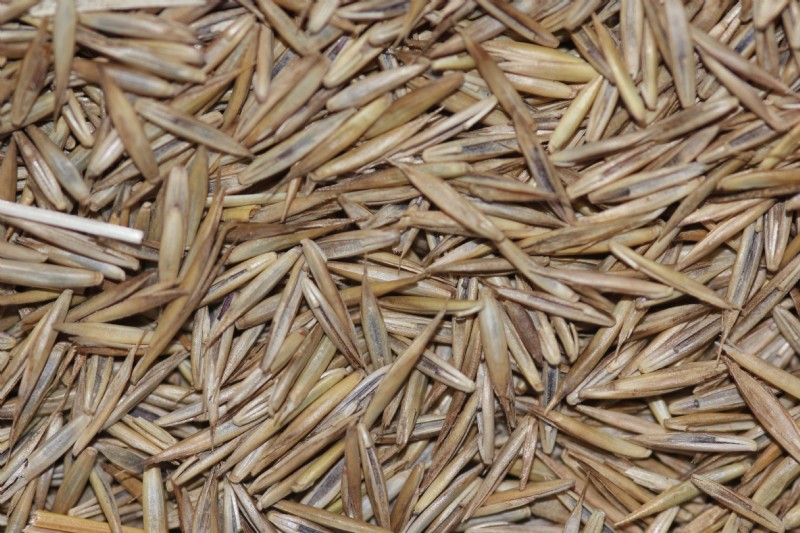
Creeping Red Fescue Species Information
Celestial Strong Creeping Red Fescue is an improved cultivar that exhibits improved drought and disease tolerance with excellent winter color and blends well with other grasses. Celestial was highly rated in turfgrass NTEP trials and is a certified "TWCA" product meaning that it has been bred and tested to show improved drought tolerance.
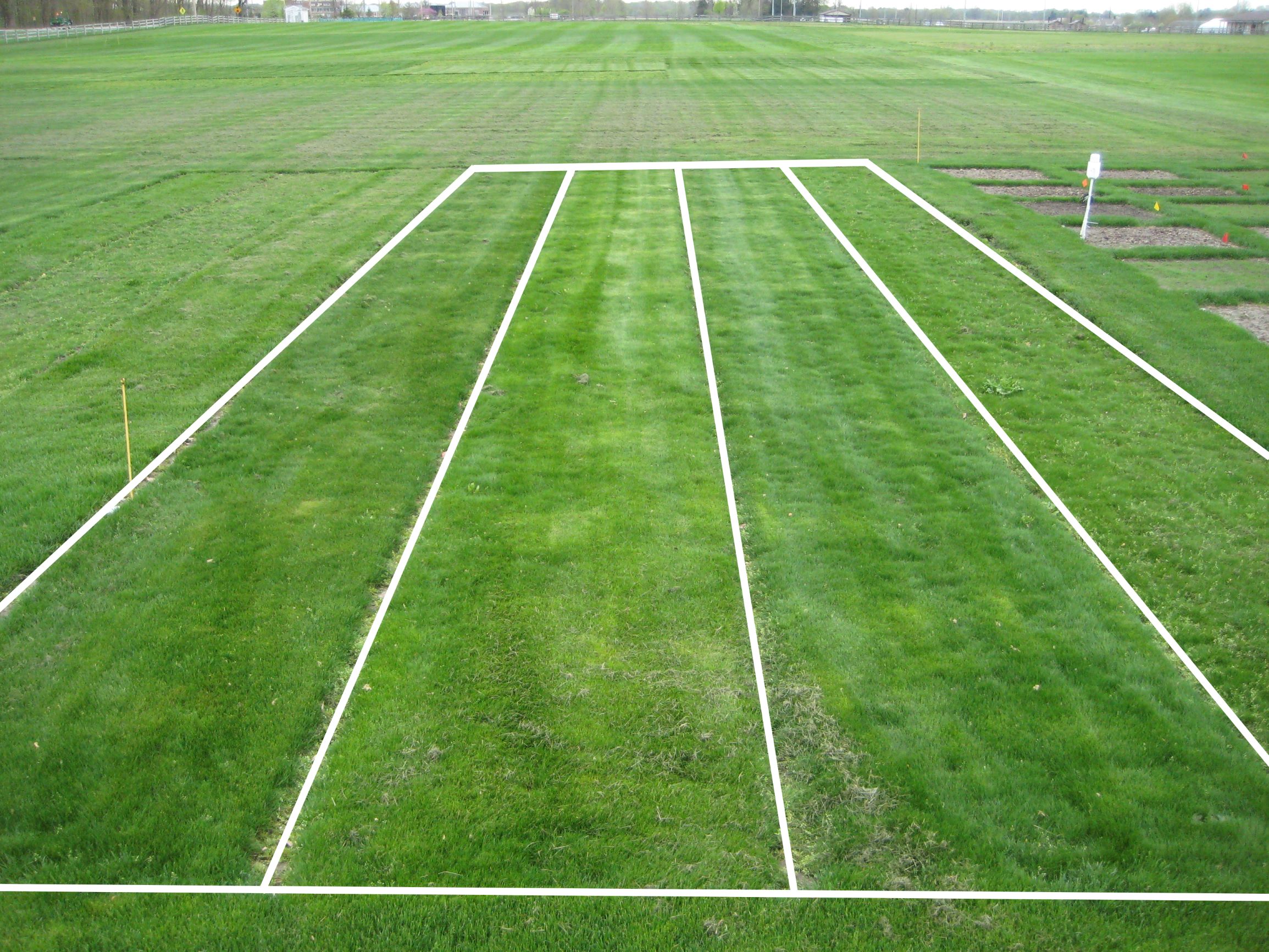
The many faces of fine fescue Low Input Turf
BOREAL Creeping Red Fescue is a broadly adapted fine fescue that is well suited to poor drier soils and reduced fertility under both sun and shaded environments. Boreal is aggressive and competitive, quickly establishing a dense turf with excellent insect and disease resistance. Boreal's color and lead texture is more compatible with bluegrass and ryegrass, as well as other fine fescue species.

Creeping Red Fescue Great Basin Seeds
Creeping red fescue is the only species that spreads by rhizomes, and within this species there are two distinct types that include an aggressive creeping type with strong rhizomes and a slender creeping type with short rhizomes. Chewings fescue, sheep fescue, and Hard fescue are all bunch-type grasses. Due to their superior shade tolerance.
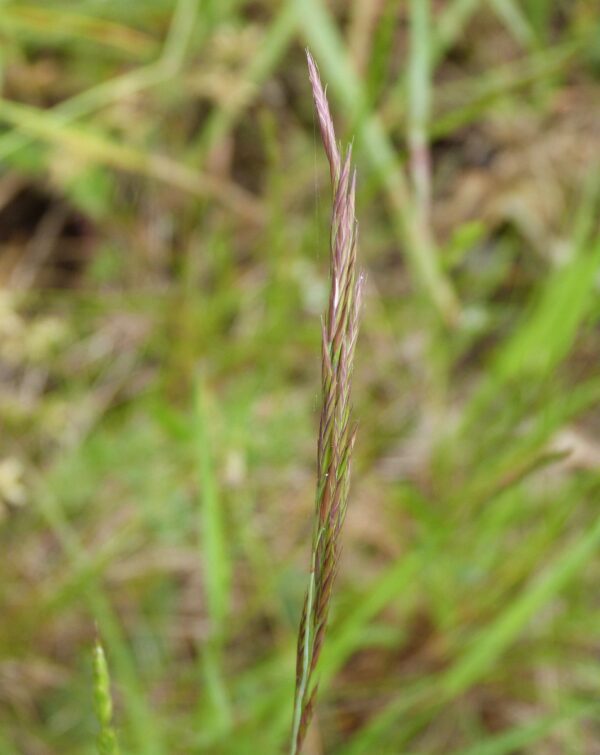
Strong Creeping Red Fescue Festuca rubra ssp. rubra Buy
Strong creeping red fescue may have the most potential because it tends to blend better in mixtures and at least some cultivars are not overly aggressive. Its weak link is susceptibility to Red thread. My ideal fine fescue would be coarse textured on the order of newer perennial ryegrasses, would be rhizomatous, would be medium green, have.

LowInputTurf provides information and ideas on the use of lowinput turfgrasses, such as fine
Everything You Love On eBay. Check Out Great Products On eBay. Check Out Strong Creeping Red Fescue On eBay. Find It On eBay.

Celestial Strong Creeping Red Fescue Stover Seed since 1922
Creeping red fescue grass ( Festuca rubra) is a perennial lawn grass in USDA planting zones 1-7 and an annual grass in zones 8-10. Native to Europe, this cool season grass needs moist soil until it is established. However, once it is established, it has a very deep root system and is very resistant to wear and drought.
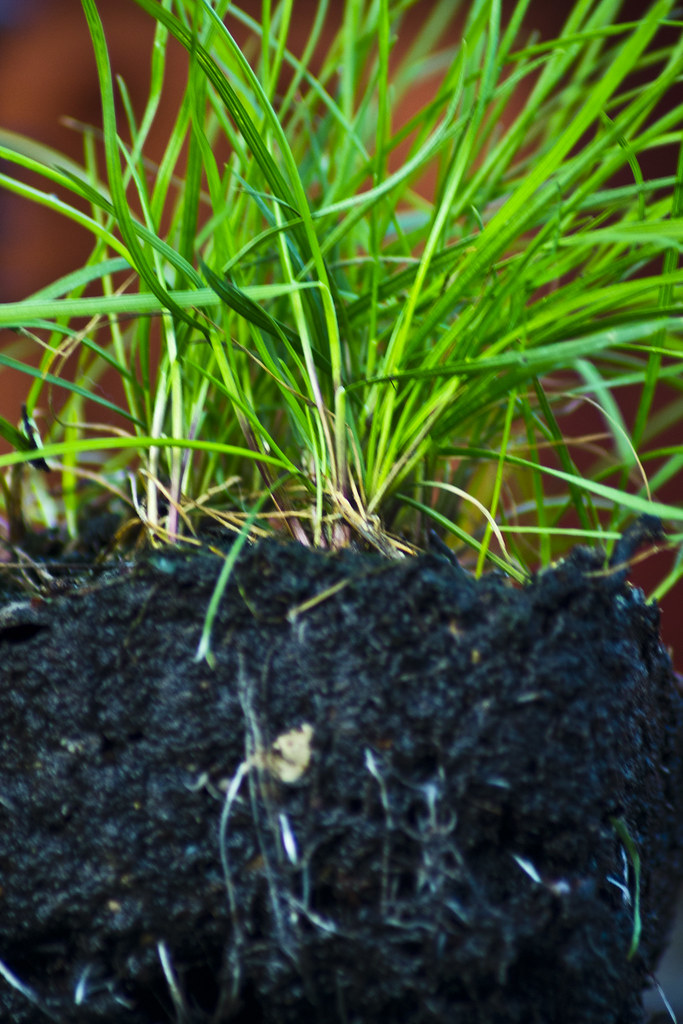
Strong Creeping Red Fescue (Festuca rubra rubra) Anthony Stockwell Flickr
Often known as Strong Red Fescue, this common grass, as its name implies, has creeping rhizomes . It has a more vigorous creeping habit than some similar species which can help to create a dense, hardwearing turf or sward. These shallow creeping roots help it to remain green even in drier soils. Uses

Print page
Ruddy strong creeping red fescue turf is a newer generation of red fescue developed for exceptional wear tolerance at all mowing heights. This makes Ruddy Strong suitable for home lawns, fairways, roughs and parks. This creeping red fescue demonstrates high turf quality under all maintenance conditions and a broad range of climates.
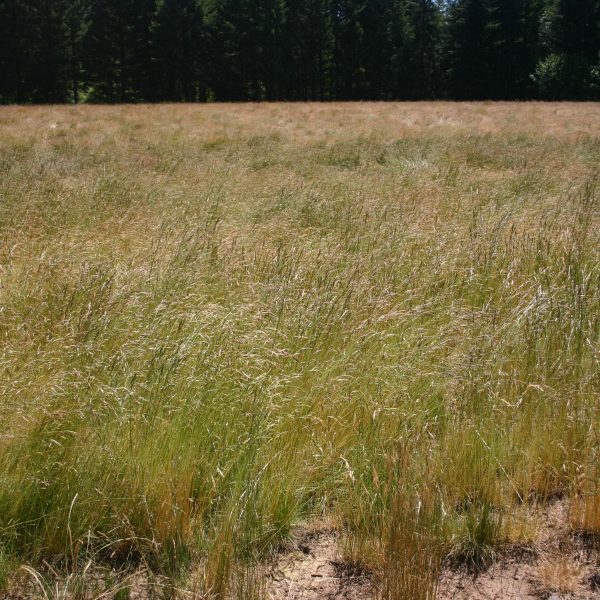
Silver Falls Seed Company Fescue Red Creeping Evergreen
20% strong creeping red fescue If tree shade is a significant issue, I'd recommend: 40% Chewings fescue 40% strong creeping red fescue 20% hard fescue Regardless of the type of grass you choose to seed, it is important to consult locally collected data and make wise purchasing decisions.

Creeping Red Fescue (Festuca rubra) Great Basin Seeds
The common names of these five fine fescues are strong creeping red fescue, slender creeping red fescue, Chewings fescue, sheep fescue and hard fescue. Generally, fine fescues are described as low input turfgrasses because as a group these plants tolerate shade and low fertility, and can persist with minimal irrigation.

Creeping red fescue « Seed Production
A strong creeping red fescue crown (center) with two horizontally growing rhizomes with daughter plants on either side . Fine fescues are a group of turfgrasses with excellent potential for low-input use. Currently, consumers establish turf areas with seed of these grasses as fine fescue sod production is very limited.

Strong Creeping Red Fescue Grass Seed (Festuca Rubra Rubra) Hurrells Seeds
Quick facts Strong creeping red fescue, slender creeping red fescue, Chewings fescue, hard fescue and sheep fescue are often grouped together and are called fine fescues. Fine fescues need very little irrigation in Minnesota. Mow fine fescues at 2.5 to 4 inches. Mow more often during cool, wet weather. Mow less often during hot or dry weather.
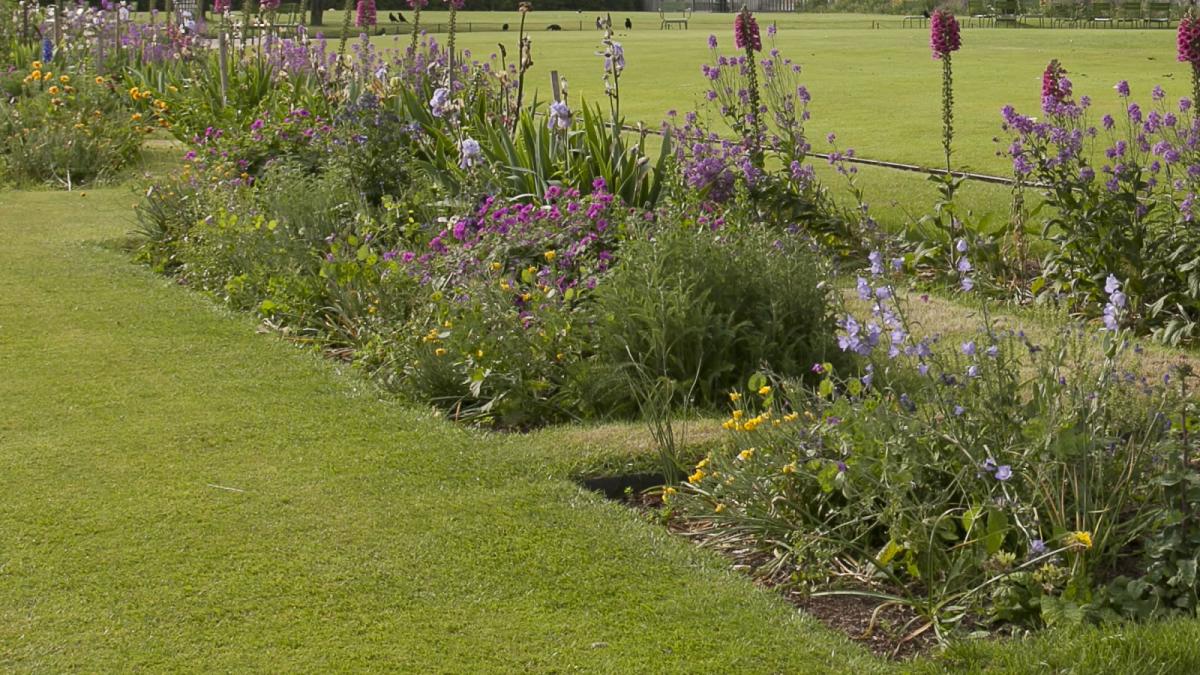
Strong creeping red fescue Turfgrass List, your online database for species and varieties of
As a quick background, creeping red fescue or Festuca rubra is an ornamental plant ideal for shady lawns or gardens. It is primarily used as turf grass. Creeping red fescue is one of the five major species of fine fescue. The four others are the hard fescue, chewings fescue, sheep fescue, and slender creeping red fescue.
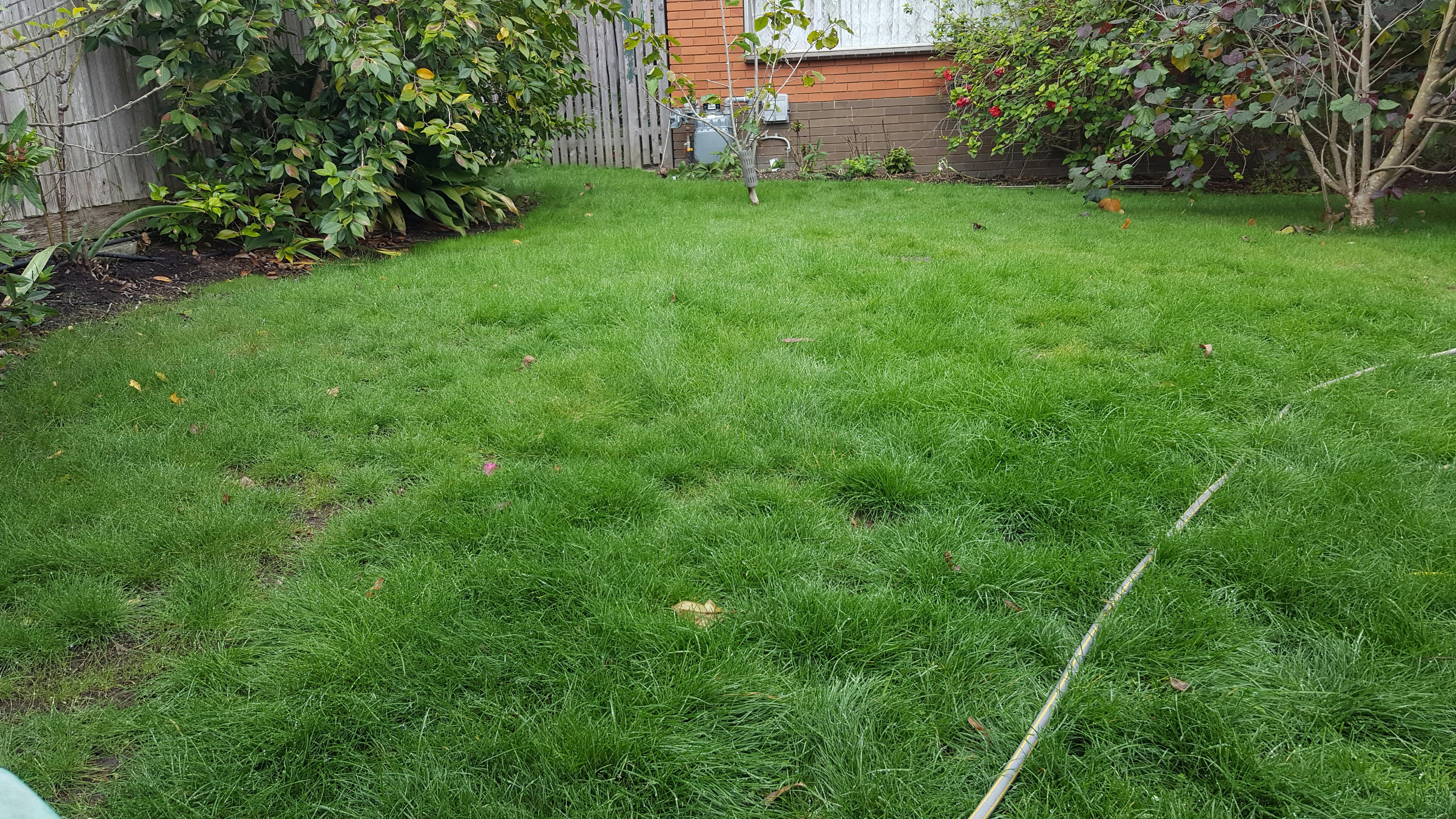
Creeping Red Fescue McKays Grass Seeds
The remaining fescues including slender creeping red fescue, strong creeping red fescue, Chewings fescue, sheep fescue, blue fescue, and hard fescue are often grouped together and called "fine fescues" because of their narrow (fine) leaves. Another reason for grouping them all together is because they are difficult to distinguish from one another.